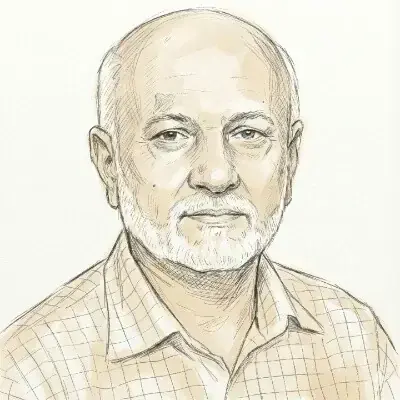ISLAMABAD: A new model of non-formal education that combines literacy and labour and market skills for illiterate children and youth is being developed and will be piloted in selected districts of Punjab and Sindh provinces with World Bank assistance.
The World Bank has agreed to provide $2.73 million for the pilot project, which is expected to be implemented in partnership with the Sanjh Preet Organisation (SPO) — a Lahore-based non-governmental organisation — which has implemented 34 different projects nationwide in partnership with public, non-public, academic and international agencies and organisations, including Japan International Cooperation Agency (JICA), Unicef and USAID.
An initial institutional assessment for environmental and social management has been conducted at the concept stage through meetings with SPO personnel and a review of relevant policy documents shared by the organisation. This initial assessment indicates that SPO has worked with international donors and has experience of working on social issues such as exclusion, child labour, sexual harassment, gender equality, and transparency and accountability.
The project will deliver two core services to the beneficiaries: accelerated learning programmes for out-of-school children of primary and secondary school age, and integrated literacy and skills programme for illiterate adolescents and young adults.
These programmes will be delivered through community learning centres (CLCs) with direct involvement of communities. The CLCs will offer a menu of programmes to beneficiaries in different age groups based on the community’s needs and decisions, and will also offer support functions to the beneficiaries, including counselling and moral support to them and daycare services for beneficiaries with young children.
The project will also support continuous training to teachers, principals and community groups for ensuring the CLC management and the quality of teaching activities. The federal and provincial governments will be involved in curriculum development and activity monitoring and supervision activities, through which the capacity of governments in implementing non-formal education (NFE) programmes will be built. A rigorous impact evaluation will be conducted to assess the effectiveness of the new pilot model.
The project will establish CLCs in available rented buildings which are in good condition and have requisite basic facilities, including adequate rooms, drinking water, electricity and toilet facilities.
Some CLCs may offer daycare services and such facilities would be screened for additional health and safety aspects to ensure provision of safe environments for the students and their children. The provision of safe toys and equipment, food and toilet needs for the children in these facilities is a major concern. Moreover, such facilities might be susceptible to the risk of kidnapping, abuse and accidents, and will need to meet additional security requirements of a requisite standard, according to a World Bank project-related document.
Punjab has the lowest rate of poverty and the highest human development index (HDI) in Pakistan. Social and economic deprivation, as reflected in the health and education outcomes and household income, is highest in the southern Punjab districts.
While Sindh is the second-largest province in terms of population and the second-largest economy due to Karachi, it has the second-highest HDI in Pakistan — primarily due to the indicators for Karachi. In Sindh the social and economic deprivation in terms of health and education outcomes and household income is quite high. In contrast to Karachi, rural Sindh mainly has an agriculture-based economy.
Published in Dawn, January 1st, 2020



































